In Europe, energy security and grid capacity are major issues. In this situation, the Czech Republic is betting big on nuclear to escape its dependence on fossil fuels.
With plans to build two more reactors at the Dukovany plant, with a total investment of more than 19 billion USD, this Central European country aims to double its nuclear power output, ensure energy security and meet rapidly growing consumption needs from electric heating, electric vehicles to data centers.
At the Dukovany complex, whose giant cooling towers have become the Czech Republic’s energy symbol, nuclear expansion is entering a crucial phase. South Korean contractor KHNP will build two reactors with a capacity of more than 1,000 MW each. The long-term goal is to increase nuclear power to 50-60% of the electricity mix by 2050, reducing dependence on coal and preparing for an era of peak electricity consumption.
"We have to generate more electricity, because demand in the Czech Republic and Europe continues to grow, even with efforts to reduce it," said Petr Zavodsky, general director of the Dukovany project. "Replacing fossil fuels requires a more stable source of electricity. Not only heating, electric cars, but now even AI data centers are very power-hungry."
This shift follows a European trend of rising energy demand, tightening emissions reduction commitments and a boom in new electricity-consuming economic sectors. According to experts, nuclear power is not only a strategic choice but also an important link in the decarbonization process.
Mr. Petr Zavodsky - General Director of the Dukovany project said: "I think nuclear power should account for about 50 - 60% of the Czech Republic's energy structure by 2050. The rest will be supplemented by renewable energy sources."
However, the new reactors will only start operating in the second half of the next decade, in the best-case scenario. This means the Czech Republic will have to expand renewable energy in parallel, especially as coal is phased out after 2030.
"The Czech Republic is likely to phase out coal power plants completely after 2030. Therefore, it is extremely important to exploit the potential of renewable energy sources in the electricity structure. In recent years, we have restarted the development of solar and wind power. These two sources complement each other very effectively seasonally," said Martin Sedlak, program director of the Modern Energy Alliance.
The Czech Republic’s expansion comes amid a resurgence of confidence in nuclear in Europe. The EU has included nuclear power in its sustainable economic activities category, opening the way to green finance.
In northern Europe, Sweden has publicly announced plans to expand nuclear power after years of contraction. Belgium is also considering building new nuclear plants to ensure electricity security. In Denmark, the government has officially raised the possibility of lifting the 40-year-old nuclear ban.
Concerns remain, however. Environmental groups such as Friends of the Earth say nuclear power is expensive. In addition, the Czech Republic still lacks a permanent repository for spent nuclear fuel, a technical bottleneck acknowledged by the government.
Despite many challenges, nuclear is seen as the key to ensuring clean, affordable and powerful electricity for the boom in data centers and electric vehicles.
Source: https://vtv.vn/dien-hat-nhan-giai-phap-moi-cho-an-ninh-nang-luong-chau-au-100251118151636732.htm



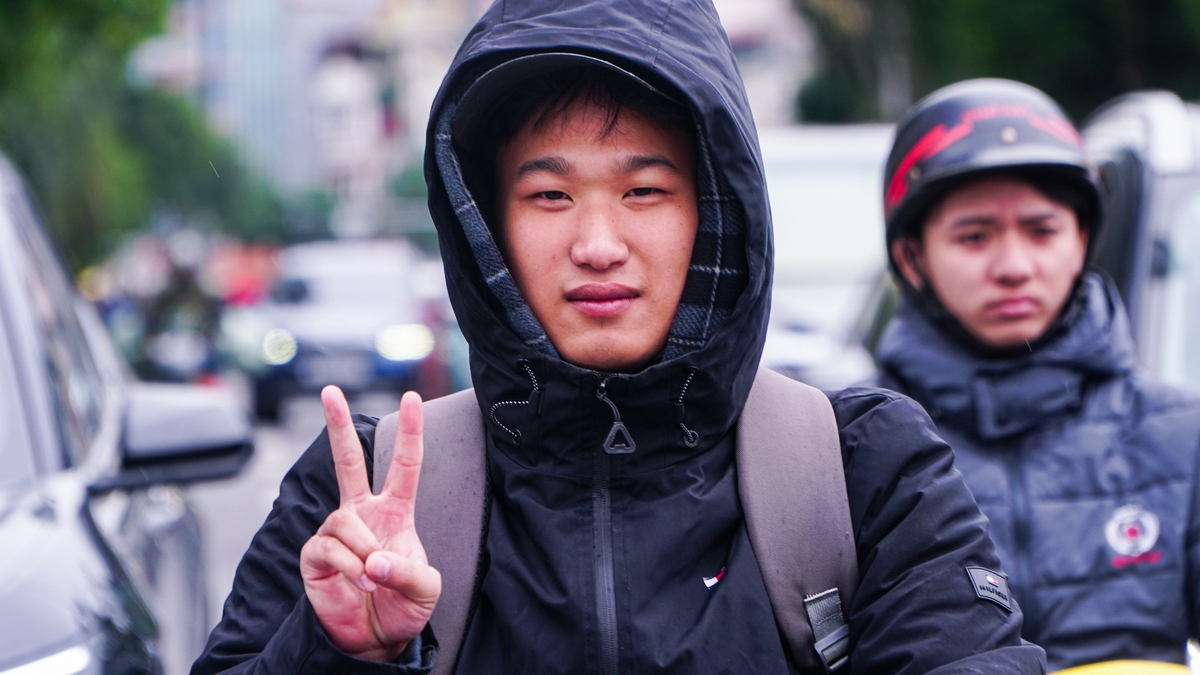


![[Photo] The Standing Committee of the Organizing Subcommittee serving the 14th National Party Congress meets on information and propaganda work for the Congress.](https://vphoto.vietnam.vn/thumb/1200x675/vietnam/resource/IMAGE/2025/11/19/1763531906775_tieu-ban-phuc-vu-dh-19-11-9302-614-jpg.webp)

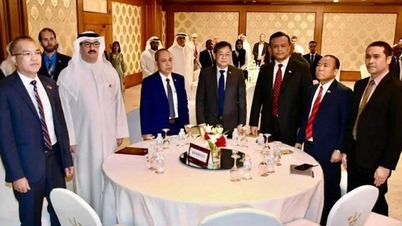

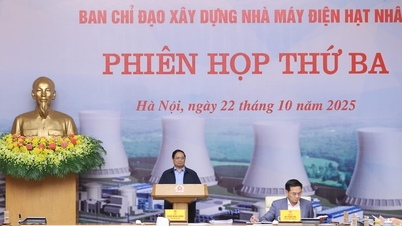

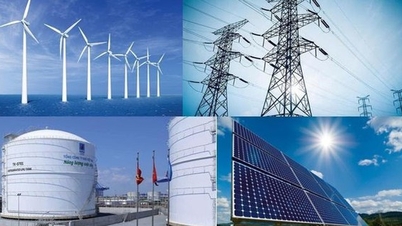

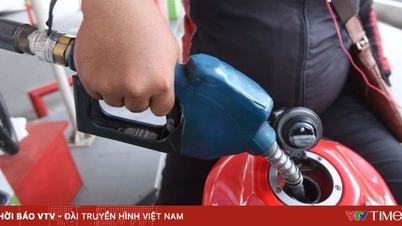

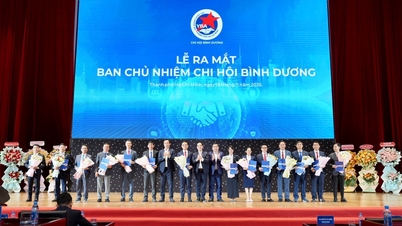



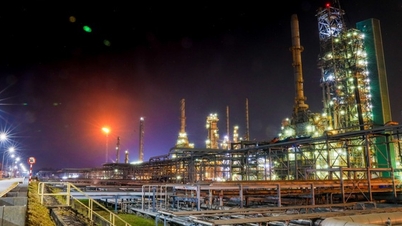
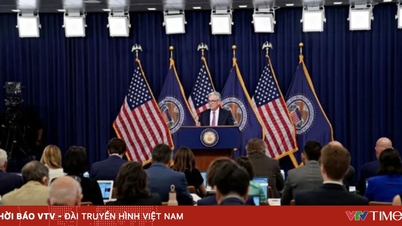

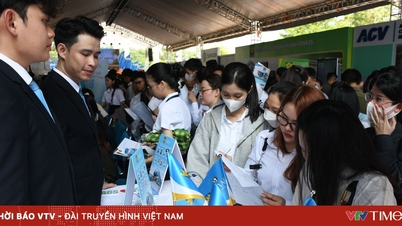




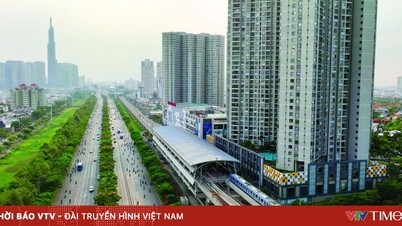

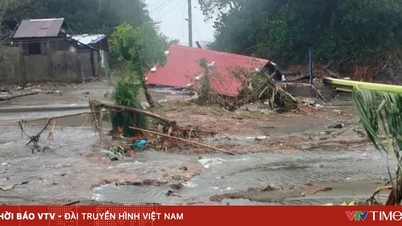
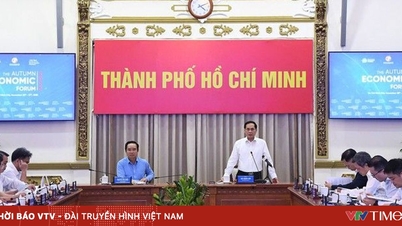
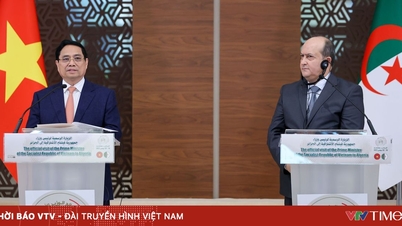
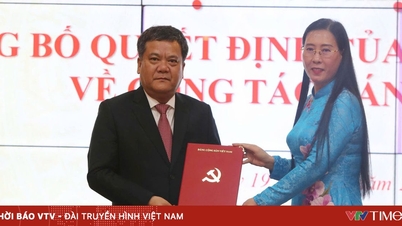
![[Photo] General Secretary To Lam receives Slovakian Deputy Prime Minister and Minister of Defense Robert Kalinak](https://vphoto.vietnam.vn/thumb/1200x675/vietnam/resource/IMAGE/2025/11/18/1763467091441_a1-bnd-8261-6981-jpg.webp)
![[Photo] Prime Minister Pham Minh Chinh and his wife meet the Vietnamese community in Algeria](https://vphoto.vietnam.vn/thumb/1200x675/vietnam/resource/IMAGE/2025/11/19/1763510299099_1763510015166-jpg.webp)










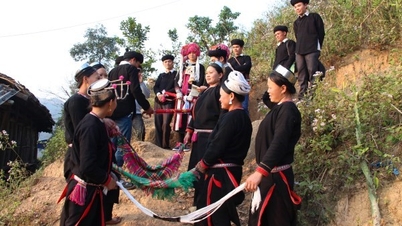

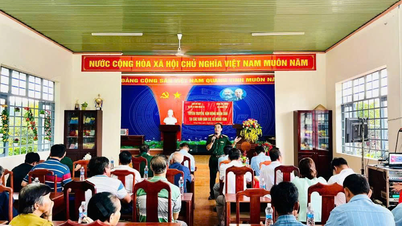






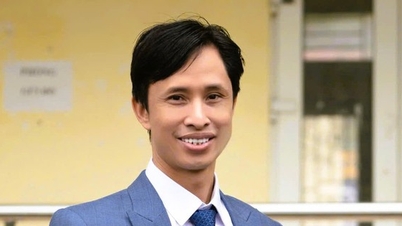




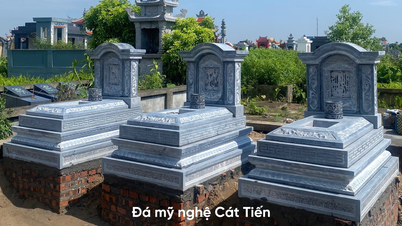


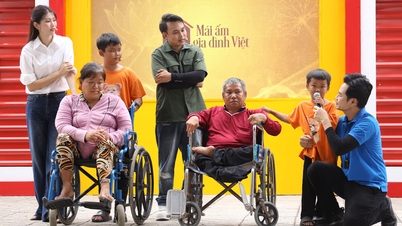
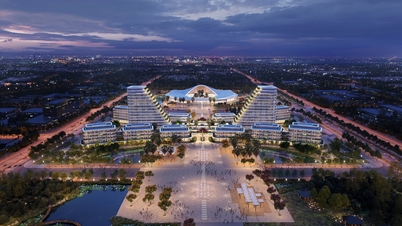










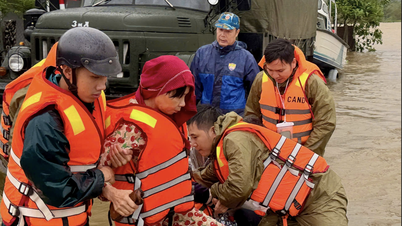

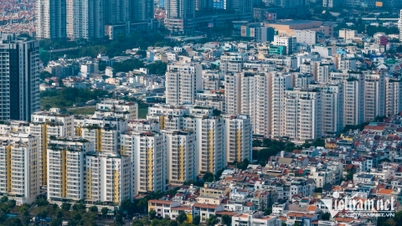
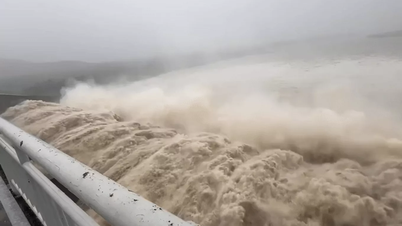

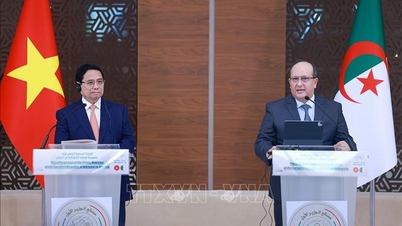






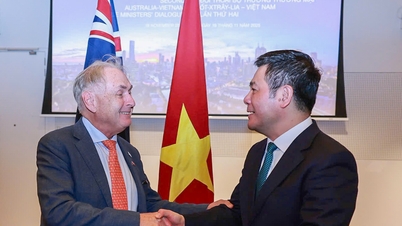
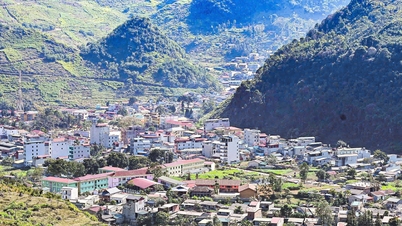

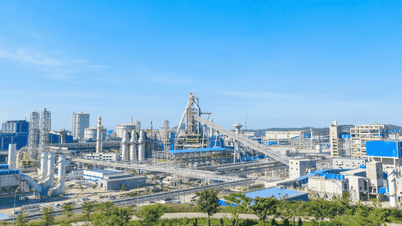
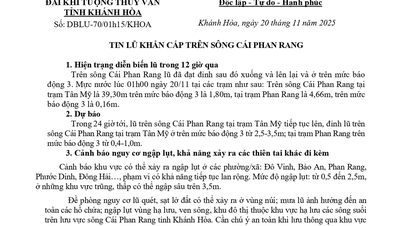

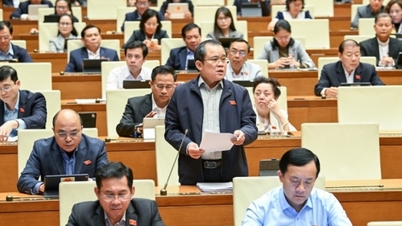

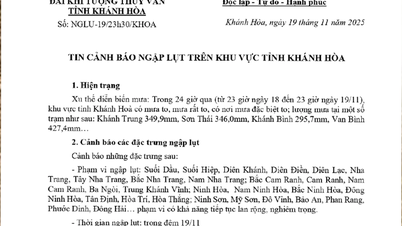
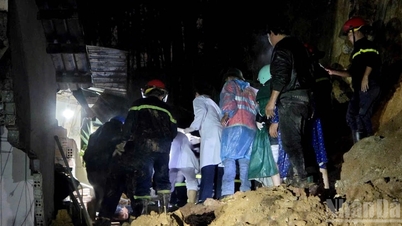
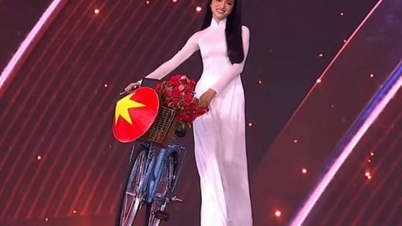
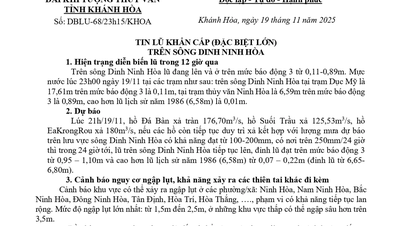















Comment (0)